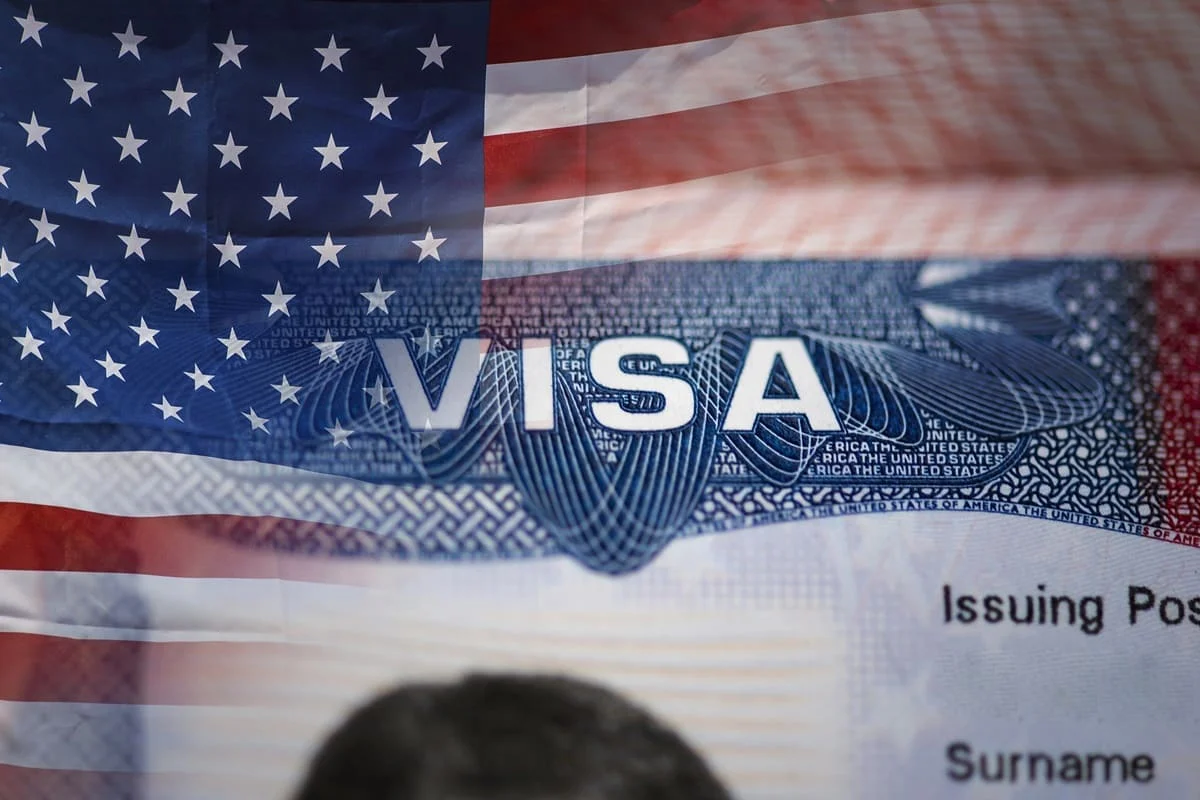Global Shake-Up: US Passport Power Plummets After Two Decades

For the first time in two decades, the United States has dropped out of the world’s top 10 most powerful passports, a significant dethroning for the global superpower. According to the latest Henley Passport Index, which ranks passports based on the number of countries a traveler can visit without requiring a visa, the US passport now holds the 12th position globally, sharing it with Malaysia. This marks a notable decline from its 7th place ranking just last year, and 10th place in July of the current year. Historically, the US passport stood at the top of the list a decade ago, illustrating a dramatic shift in its international standing.
Christian H. Kaelin, chair of Henley & Partners and creator of the index, stressed the wider significance of the decline. “The weakening of the U.S. passport over the past decade is more than just a reshuffle in rankings—it signals a fundamental shift in global mobility and soft power dynamics,” he said. Kaelin added that nations embracing openness and cooperation are moving forward, while those relying on past privileges are being left behind.
Asian countries continue to dominate the top tier of the index. Singapore leads with visa-free access to an impressive 193 destinations, followed by South Korea with 190 and Japan with 189. The rankings, compiled for nearly two decades by London-based citizenship and residency consultancy Henley & Partners, draw on data from the International Air Transport Association (IATA).
The observed decline in the US passport’s strength coincides with a period of stricter US immigration and travel policies, particularly under the Trump administration. These policies initially targeted unauthorized migration but have since expanded to encompass broader crackdowns on tourism, foreign workers, and international students. A critical factor contributing to a country’s ranking, as highlighted by Henley & Partners, is reciprocity. While US passport holders can currently access 180 destinations visa-free, the US itself extends visa-free entry to only 46 other nationalities, a significant imbalance.
Recent changes in international travel access have further contributed to the US’s lower ranking. In April, Brazil rescinded visa-free entry for Americans, Canadians, and Australians, explicitly citing a lack of reciprocity as the reason. Concurrently, other countries have expanded their visa waiver programs but have notably excluded the United States. For example, China and Vietnam have omitted the US from their newly expanded lists of countries eligible for visa-free tourism. Henley & Partners observes that nations like the US, Canada, Australia, and New Zealand, which grant extensive travel freedom to their own citizens but impose limitations on visa-free entry for others, have seen their passport strength stagnate or decline in recent years.
The decline in ranking is already fueling a growing desire for dual citizenship among Americans, suggesting that U.S. citizenship alone may no longer carry the unmatched superpower status it once did. Peter J. Spiro, a professor of law at Temple University, observed, “In coming years, more Americans will be acquiring additional citizenships in whatever way they can.” He added that “multiple citizenship is being normalized in American society,” echoing a sentiment circulating on social media that “dual citizenship is the new American dream.”
You may also like...
Super Eagles Set Sights on AFCON 2025 Glory, Despite Doubts from Greek Champion

Super Eagles captain William Troost-Ekong aims for AFCON 2025 gold in Morocco, learning from past experiences and leadin...
NBA Rocked by Gambling Scandal: Players, Coaches, and League Grapple with 'Dire Risks'

The NBA is aggressively re-evaluating its stance on sports betting regulations and player protection following federal i...
Funding Frenzy in Tokyo: 'Filipinana' and 'Garuda' Make Waves at Gap-Financing Market

Two distinct cinematic ventures, Indonesian animated feature “Garuda: Dare to Dream” and Rafael Manuel’s debut live-acti...
Hollywood Shockwave: Paramount Skydance Axes 1,000 Employees Amidst Industry Upheaval

Paramount Skydance is set to cut approximately 1,000 jobs this week as part of a major cost-reduction initiative followi...
Music Meets Diplomacy: Shakira & The Weeknd Join Global Board with Star-Studded Lineup!

Shakira and The Weeknd have joined the FIFA Global Citizen Education Fund's Advisory Board, aiming to make education mor...
KPop Phenomenon: HUNTR/X's 'Golden' Dominates Global Charts for 13 Weeks!

HUNTR/X's "Golden" from <i>KPop Demon Hunters</i> reclaims the No. 1 spot on both Billboard Global 200 and Global Excl. ...
Must-Watch Horror Masterpiece (92% RT) Now Streaming For Free!

The critically acclaimed horror film 'Barbarian', boasting a 92% Rotten Tomatoes score, will soon be available for free ...
Major UK Airline, Serving 1.3 Million Annually, Faces Imminent Collapse!

Eastern Airways, a UK airline operating since 1997, is reportedly nearing administration after filing a notice of intent...

:max_bytes(150000):strip_icc()/TAL-quelimane-mozambique-church-QUELIMANE0724-00e1f65f77964776b671158d19cd9c0d.jpg)

